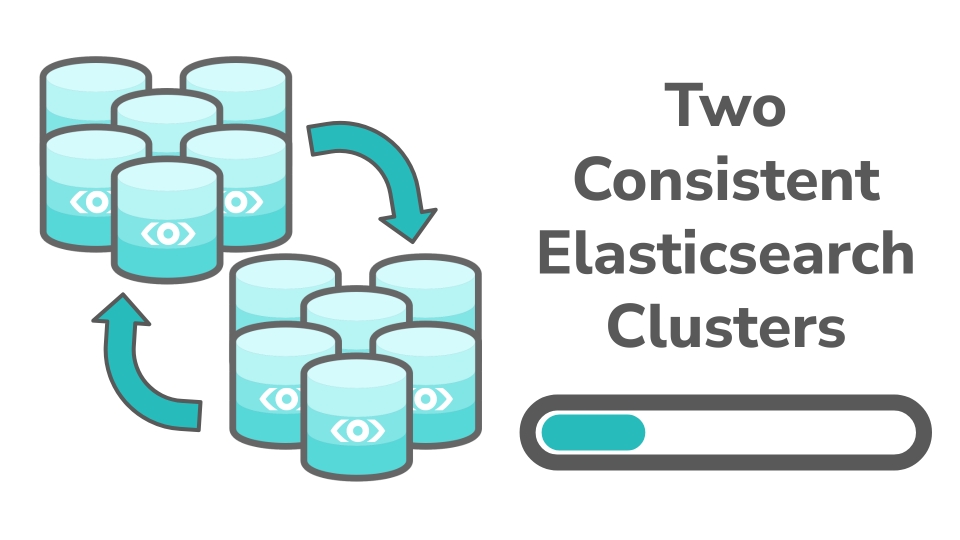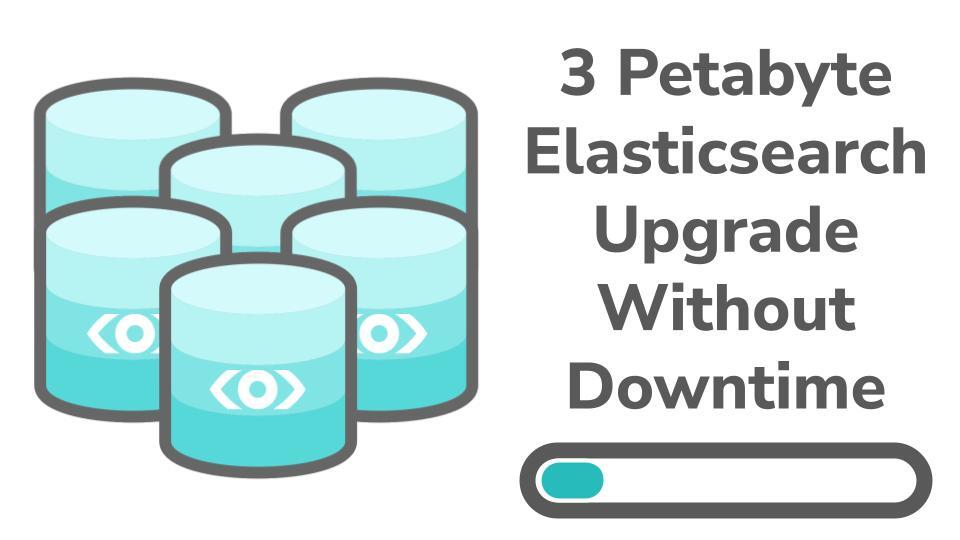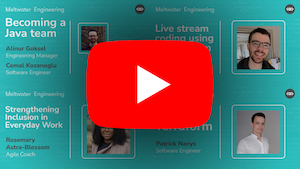
This is part 4 in our series on how we upgraded our Elasticsearch cluster without any downtime and with minimal user impact.
In part 2 we explained that we decided to do a full reindexing of our entire dataset as part of this Elasticsearch upgrade project. This blog post explains some of the changes we made to our documents during that re-indexing.



